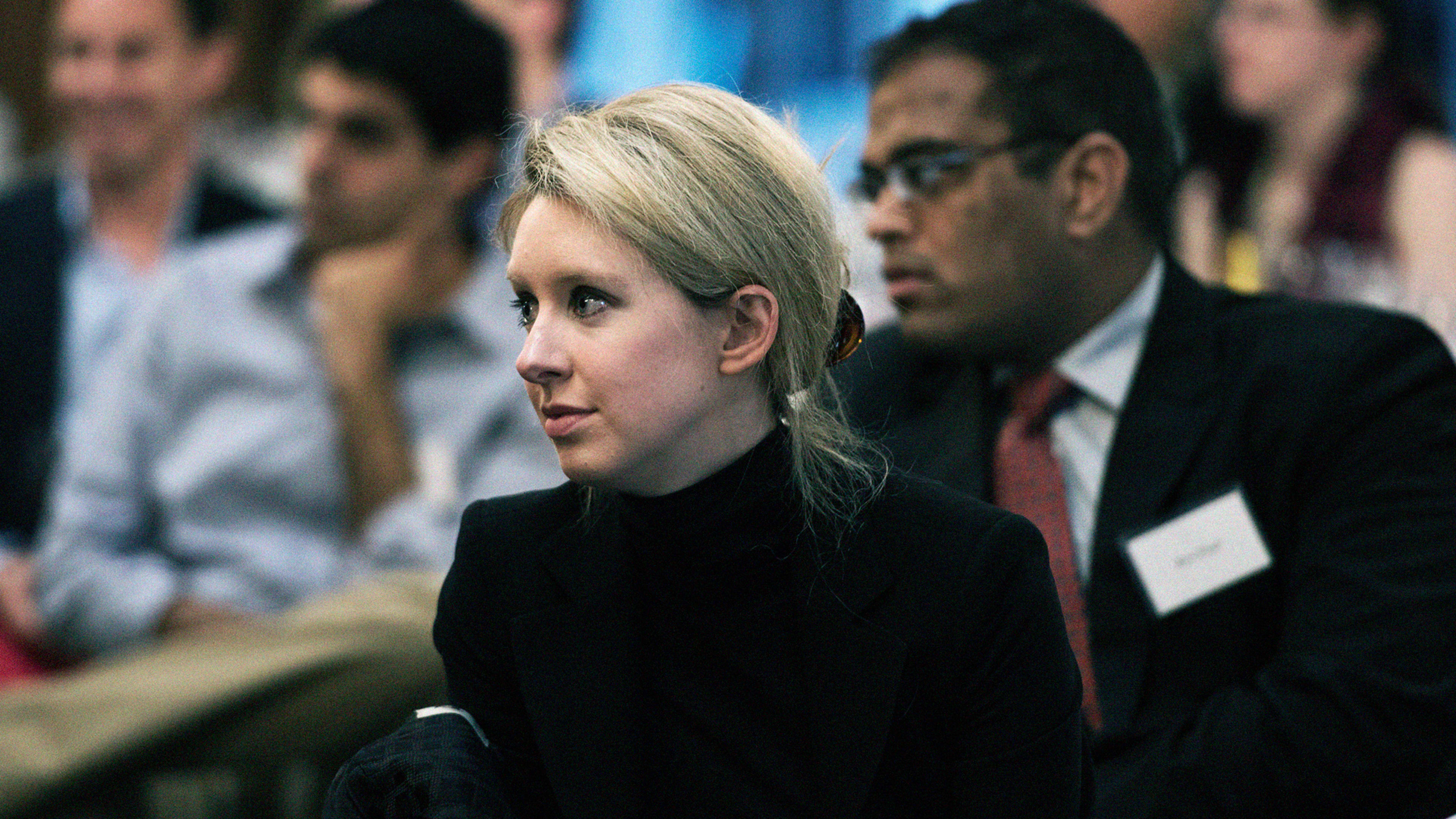Close your eyes and imagine a young tech founder with the right pedigree, lots of potential, a game-changing product that no one’s ever seen. Someone with an air of mystery and eccentricity who’s able to fundraise with ease and stack a board with political and business icons. A founder who becomes a media darling–and then loses it all in disgrace after the government declares it a sham.
Now open your eyes and imagine that founder is a black woman.
The SEC’s decision to charge Theranos founder Elizabeth Holmes with fraud on Wednesday caps a remarkable rise and fall for the tech exec. It’s also a lesson in the divisions of power and privilege that plague the tech sector as a whole. Sadly, Holmes’s worst legacy may be to deepen those divisions. Black women have long remained at the margins of an industry with big gender imbalances, and we’re likely to suffer the most from any thinking-twice about women founders as a group.
Related: How These Black Founders Are Building Startups Without Investors To Back Them
The Race Gap Among Women Founders
As Jay-Z says, “Men lie, women lie, numbers don’t,” and the statistics are stark: Black women are the most educated group in the country, and we represent the highest percentage of any demographic enrolled in college, according to government figures. We’re also proportionately the biggest participants in the labor market and generate some $44 billion in revenue each year as entrepreneurs.
Yet it’s incredibly difficult to imagine a black woman having a chance to reach anywhere near the heights from which Elizabeth Holmes was able to fall, because black women typically get nowhere close to the same funding opportunities. The fact that Holmes raised over $700 million for Theranos is a feat for any founder but especially for a woman: As it is, scarcely 2% of VC funding goes to women CEOs. By comparison, black women raise a paltry $36,000 in an average round. And when black women founders do beat the odds, they typically have tangible products, an established clientele, incoming revenue, and additional metrics to make their cases.
Unlike Holmes, who raked in millions before having much to show for it, black women founders are virtually never funded on potential alone–or even on the basis of a promising minimum viable product. As a result, it’s easy to count the number of black women founders who’ve raised $1 million or more: There are only 16 as of October 2017. And when VC funding doesn’t pan out, black women seek innovative ways to raise necessary funds, in addition to simply bootstrapping.
Related: Tech’s Missed Opportunity To Fund Black Women Founders
Chances Given And Withheld, Now And Later
Many were rooting for Holmes’s ascent, hoping the tide she was riding might lift all boats. Seeing a woman wunderkind become a tech prodigy had the makings of a changing narrative for women in Silicon Valley. Surely, we’d hoped, this goodwill would extend to black women–toward finally acknowledging our qualifications and work ethic, despite tremendous under-representation in STEM fields generally and at tech companies in particular. But now there’s a real fear that starting and funding companies will get harder for all women in the wake of Holmes’s meltdown.
What’s amazing is the benefit of the doubt afforded to Holmes throughout her rise, at a level that’s never offered to black women. It extended to easily falsifiable information, like Holmes’s 2014 assertion that Theranos was developing a $100-million project with the Defense Department. The SEC found, instead, that no such deal existed and that the company’s technology “generated a little more than $100,000 in revenue from operations in 2014.”
The fallout here won’t just affect women founders, though it’s likely to disproportionately harm the best educated, most entrepreneurial, and worst-funded among them: black women. Pedigrees and credentials–schools attended, companies worked for, and who you know–have been tacit disqualifiers that black female founders have long grown accustomed to, as Holmes never had to. Since her background was so impeccable on paper, the increased scrutiny women founders are likely to face could narrow access even further. Should investors tighten their criteria for vetting “worthy” entrepreneurs, those with nontraditional experience may get overlooked more than they already are.
Of course, I hope I’m wrong.
I hope black women founders will thrive in the years to come–that Silicon Valley will look at the Theranos calamity and decide that more diversity and less privilege is the solution. I want to keep rooting for all women entrepreneurs to succeed on the strength of their ideas and the value of their products–rather than to see them lie about those things and wind up paying the price.
But when a black woman is given the chance to fail as spectacularly and expensively as Elizabeth Holmes was able to do, we’ll know we’ve come a long way.
Bärí A. Williams is a tech industry legal and operations executive, startup advisor, and former Head of Business Operations, North America for StubHub. She previously served as lead counsel for Facebook and created its Supplier Diversity program. Follow her on Twitter at @BariAWilliams.
Recognize your brand’s excellence by applying to this year’s Brands That Matter Awards before the early-rate deadline, May 3.
